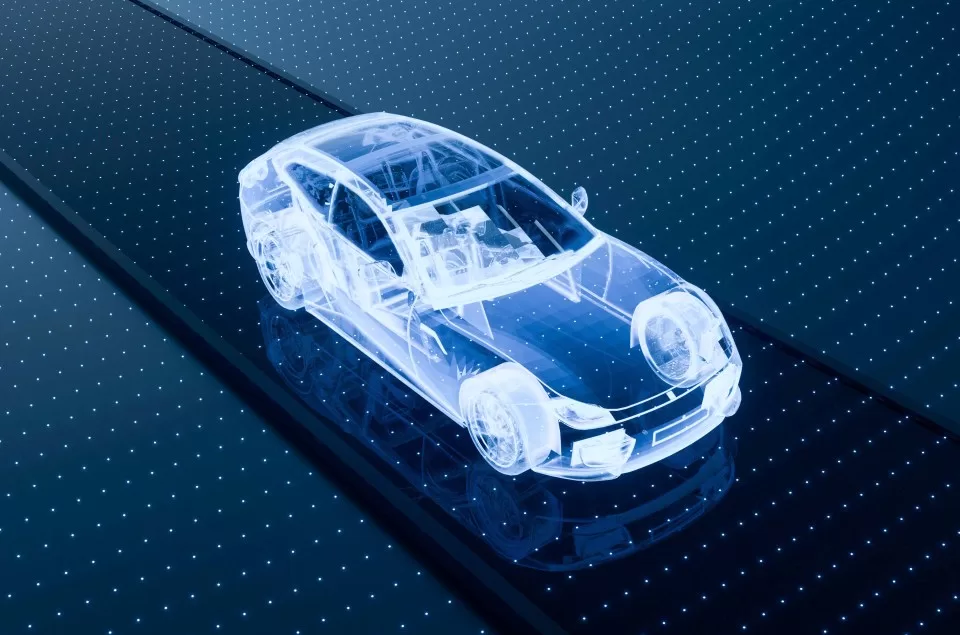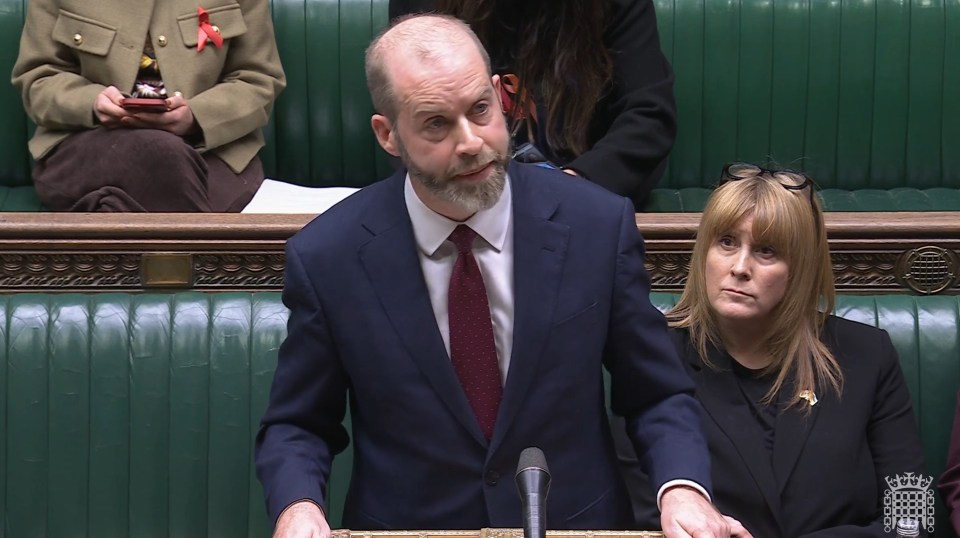ACCORDING to the Government, net zero is going to lead us to a nirvana of lower bills and lots of “well-paid green jobs”.
How sickening that must sound if you are one of the 1,100 workers set to lose your livelihood when the Vauxhall plant at Luton closes.
Luton, along with Longbridge, Cowley and Dagenham, was once the beating heart of the British car industry.
True, it has not produced cars since it was switched to van production two decades ago, but nevertheless it is still an important part of UK industry and a significant employer in the local area.
But it is one that has essentially been sacrificed in the Government’s drive to try to force us to buy electric cars.
Stellantis, the parent company of Vauxhall, says it has made its decision partly as a result of the zero-emission vehicle (ZEV) mandate.
READ MORE FROM ROSS CLARK
The company has been warning for months that it could be forced to pull out of Britain altogether.
ZEV came into force on January 3 and obliges car manufacturers to ensure that at least 22 per cent of the vehicles they sell in Britain during 2024 are pure electric or have zero tailpipe emissions.
Next year the target rises to 28 per cent and will increase steadily until 2030, when the Government wants to ban sales of all new petrol and diesel vehicles altogether.
For each petrol or diesel car they sell over the threshold, carmakers face a punitive fine of £15,000.
Trouble is that consumers are not playing ball. In the ten months to October only 18 per cent of cars sold in Britain were electric — and this is in spite of huge discounting as carmakers desperately try to reach the target.
Some companies have refused to deliver petrol and diesel cars until January, while Stellantis has done a deal with a Chinese company to sell its cheap electric cars in Britain so it can add these to its total.
It means that within weeks, carmakers are facing huge fines.
Having ignored this glaring inevitability for months, the Government has suddenly come round to realising that ZEV is about to destroy the car industry.
Business Secretary Jonathan Reynolds met with industry leaders earlier this week and has indicated that he will consider some kind of compromise, but has so far refused to reconsider the Government’s target to ban petrol and diesel cars from 2030.
The day of reckoning will be postponed for a few years at most.
For its part, the car industry is begging the Government for yet more bungs for electric car buyers — at one point grants of up to £4,000 per car were on offer.
But why should taxpayers have to cough up to subsidise fans of electric cars? They are already getting a free ride.
Owners of petrol and diesel models are contributing £28billion in fuel duty. Drivers of electric cars paid no road tax — although that will change from next April.
Jacked up prices
If there ever was proof of the old adage about leading a horse to water, it is provided by the electric car industry.
For years the Government’s enthusiasm for electric cars has run ahead of the technology.
Prices of new electric cars would be on a parity with petrol ones by 2024, we were told. Yet they still cost around half as much again.
The range of an electric car was going to increase to 500 miles or more, yet still many owners complain their vehicles run out of juice well short of 200 miles.
The charging infrastructure was going to get better, but recharging points remain few and far between. Many are broken or require fiddly phone apps to operate.
If you can charge your car at home, do a lot of short journeys and own a second, petrol car for long journeys, an electric car is a attractive option.
All manufacturers in Britain are suffering from having to pay the most expensive industrial energy prices in the world.
Ross Clark
But if you live in one of the eight million UK households with no off-street parking, it is a nightmare.
The companies who run public chargers have jacked up prices to the point it can be more expensive driving an electric car than a petrol one — in spite of the absence of fuel duty.
Reynolds told MPs on Tuesday that he does not want to pursue net zero to the point of shutting down jobs and industry. But that is exactly what the Government has been doing.
We have already lost our primary steel industry. The North Sea oil and gas industry is being wound down, with the Grangemouth oil refinery set to close next year.
All manufacturers in Britain are suffering from having to pay the most expensive industrial energy prices in the world — this in spite of Britain deriving more of its energy from supposedly cheap wind than all but a handful of other countries.
If Reynolds’ comments mark the start of a rethink of net zero policy that would be promising.
But I fear that zealotry will push the Government on, regardless of the economic devastation.


